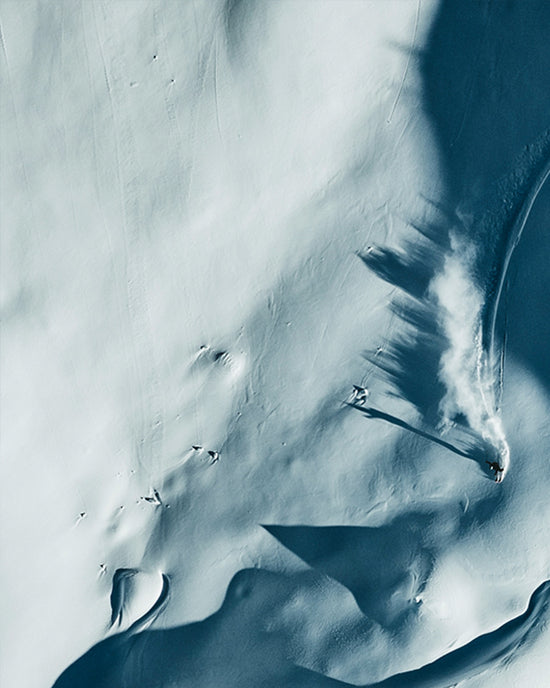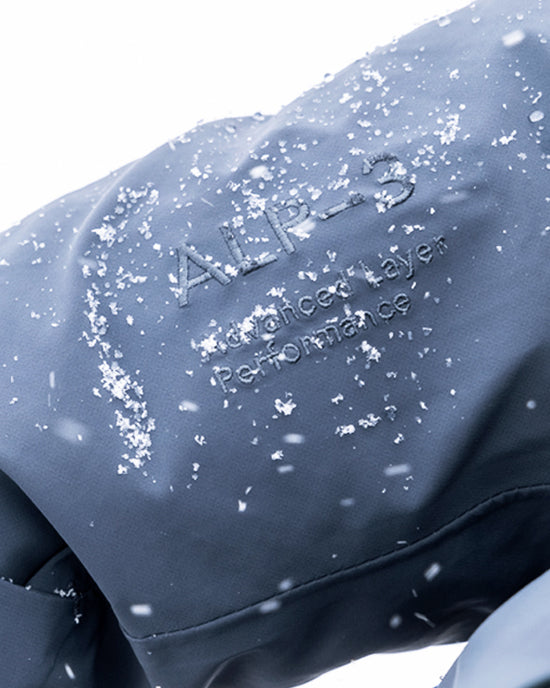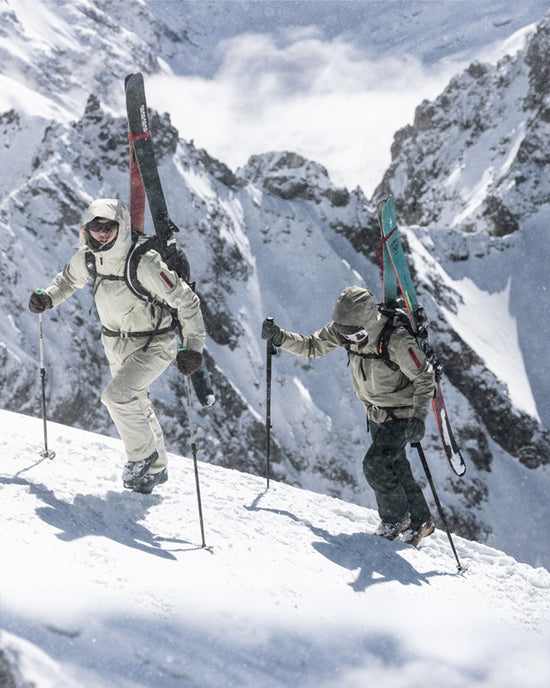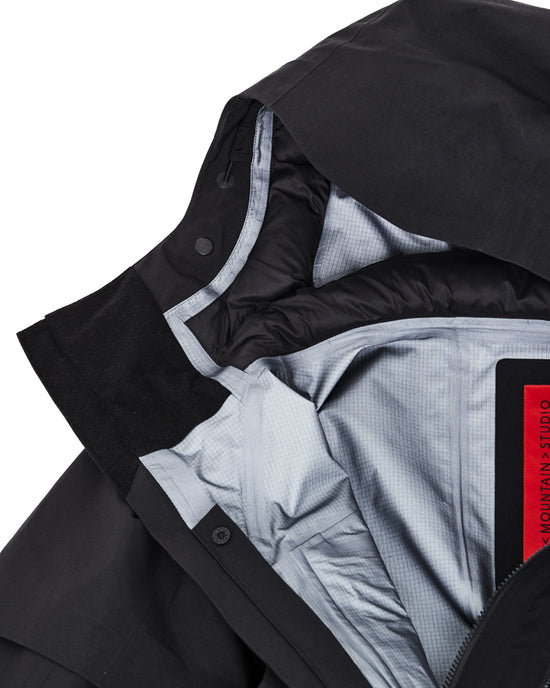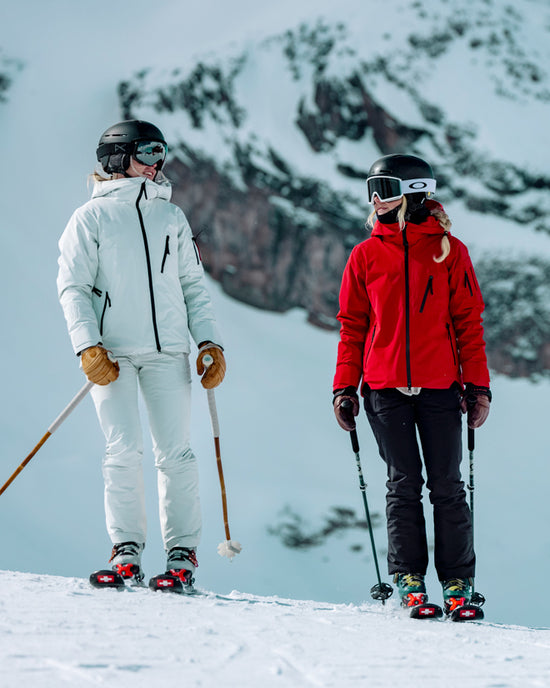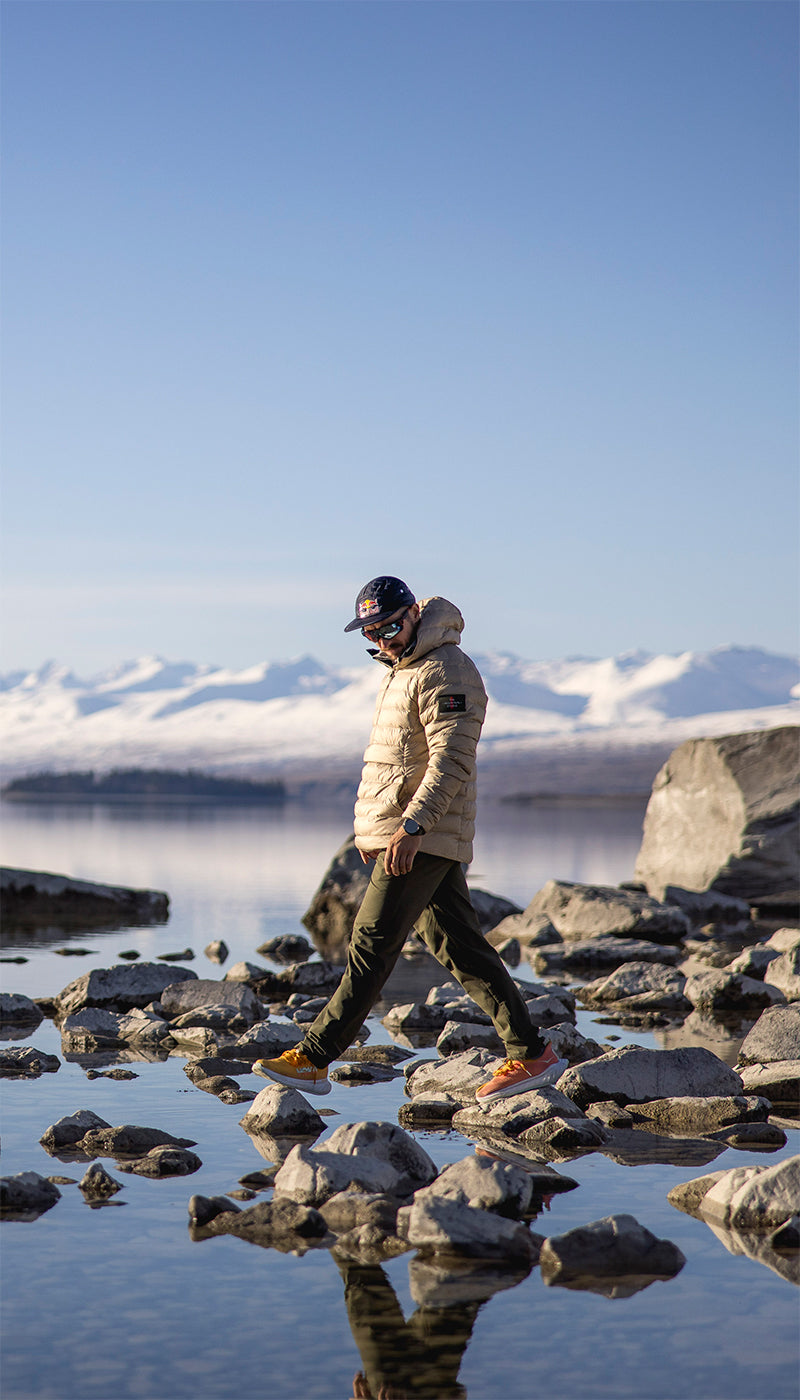
The comeback king
Less than a year after his comeback to ski racing was cut short by a knee injury, Marcel Hirscher is more determined than ever, and eyes a return to the gates at the 2026 Olympics.
[Feature story from the Field Book Issue #002]
Back in the spring of 2024, shock waves rippled through the sporting world when Austrian ski racing legend and The Mountain Studio co-founder Marcel Hirscher announced his decision to make a comeback to ski racing after having retired in 2019. This time, however, he would be racing for his mother’s home country, the Netherlands, rather than for his native Austria. He made this decision both to pay homage to his heritage and to avoid blocking younger, talented skiers’ access to the extremely competitive Austrian team.
However, the comeback saga came to a sudden end on December 3 2024, when Hirscher posted a video to Instagram of himself tearing his left knee’s anterior cruciate ligament (ACL) during a training run in his home resort of Reiteralm.
Most assumed that this was it, that his illustrious career as the second-most successful male alpine skier of all time was finally over. He had participated in just three races during his comeback season.
Then, suddenly, 197 days after the injury, Hirscher reappeared on social media to announce that he still wasn’t done, and that more than a thousand hours of gruelling rehab and physical therapy had gone well. He stated that he planned to return to competition in time to participate in the 2026 Olympics in Cortina d’Ampezzo, Italy.
A lion doesn’t back down from a challenge – he comes back sharper, hungrier, and ready to dominate once more.
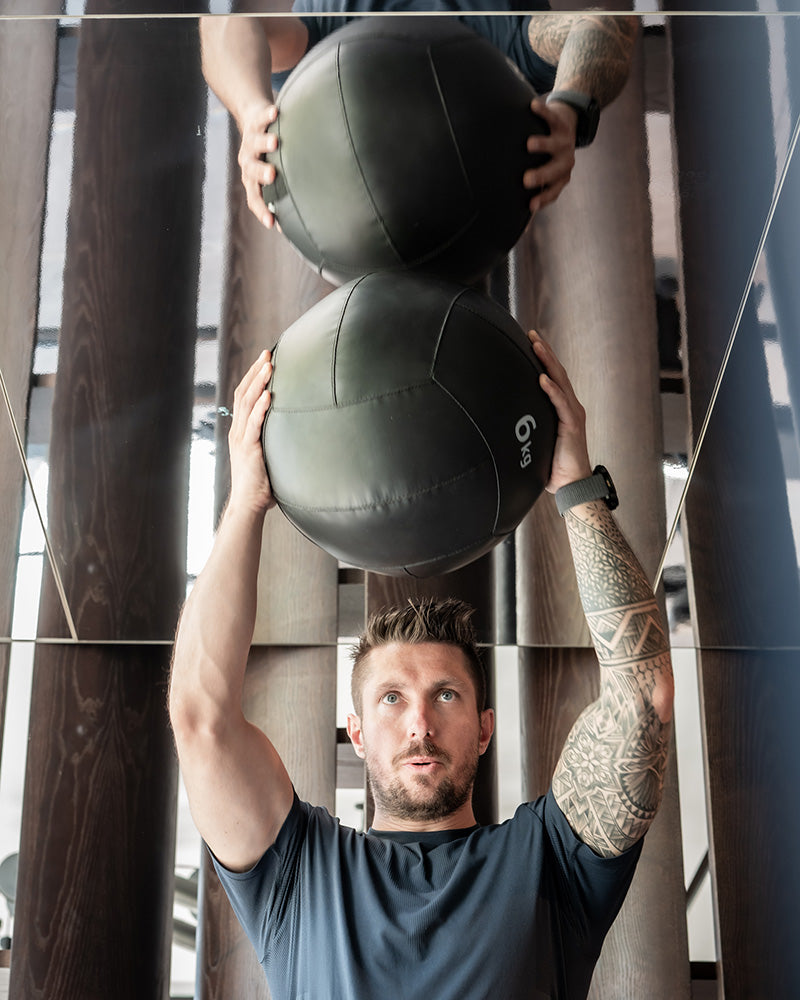
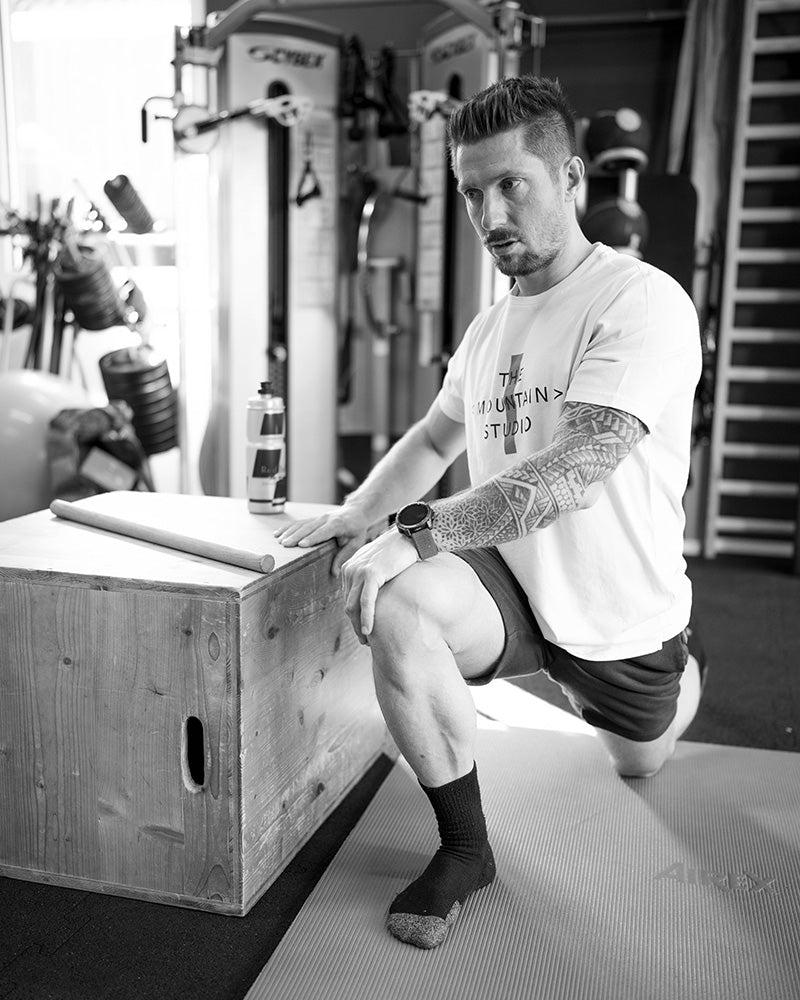
What happened when you blew your knee? Did you realise right away that something was wrong?
I’ve had 1001 slips over my ski boot with a strong inward lean in my career, and I’ve pushed myself back onto my skis with my arms 1001 times. That includes that time, but I did immediately feel something give way in my left knee – and it turned out to be my ACL. For the first time in my skiing life. In that millisecond, my dream of competing in the World Championships on my home soil in Austria was shattered. My love for ski racing survived, though, as did my determination to give this love, this comeback, a second chance.
Did it ever cross your mind to just call it quits right then and there, and be content with everything you’ve already accomplished in your career, even though your comeback was cut short?
When I was brought back to my room from the recovery room after the surgery, still a little dazed, I’ve been told that I said, “Give up ski racing because of this injury? Never, ever!”
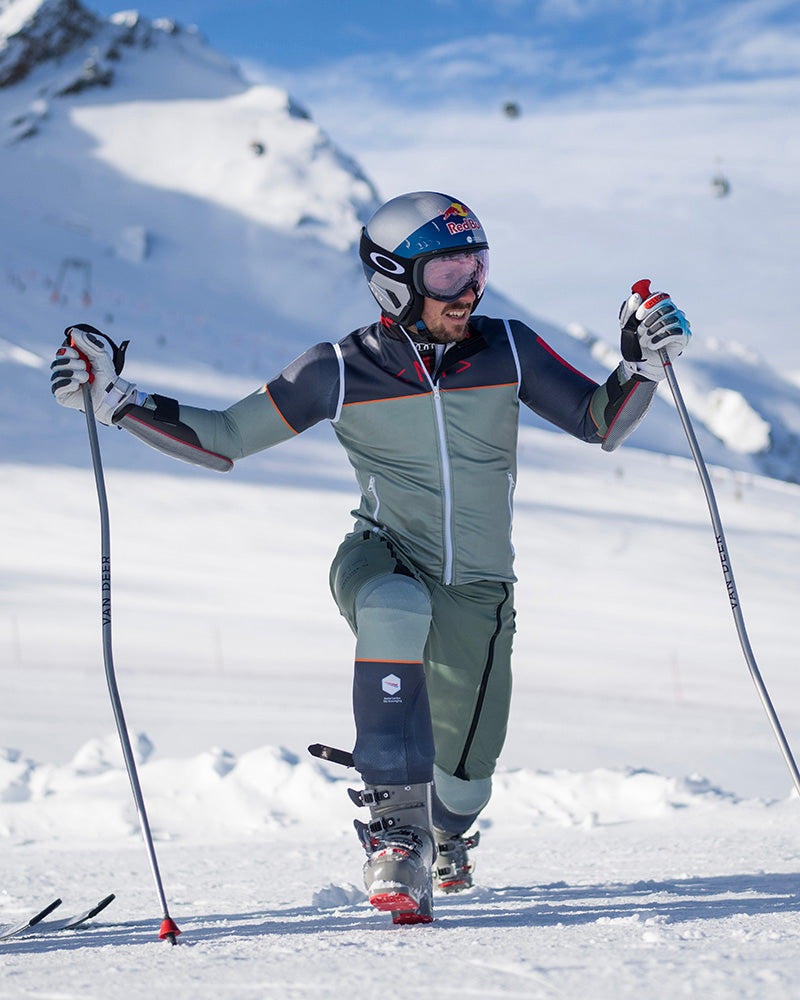
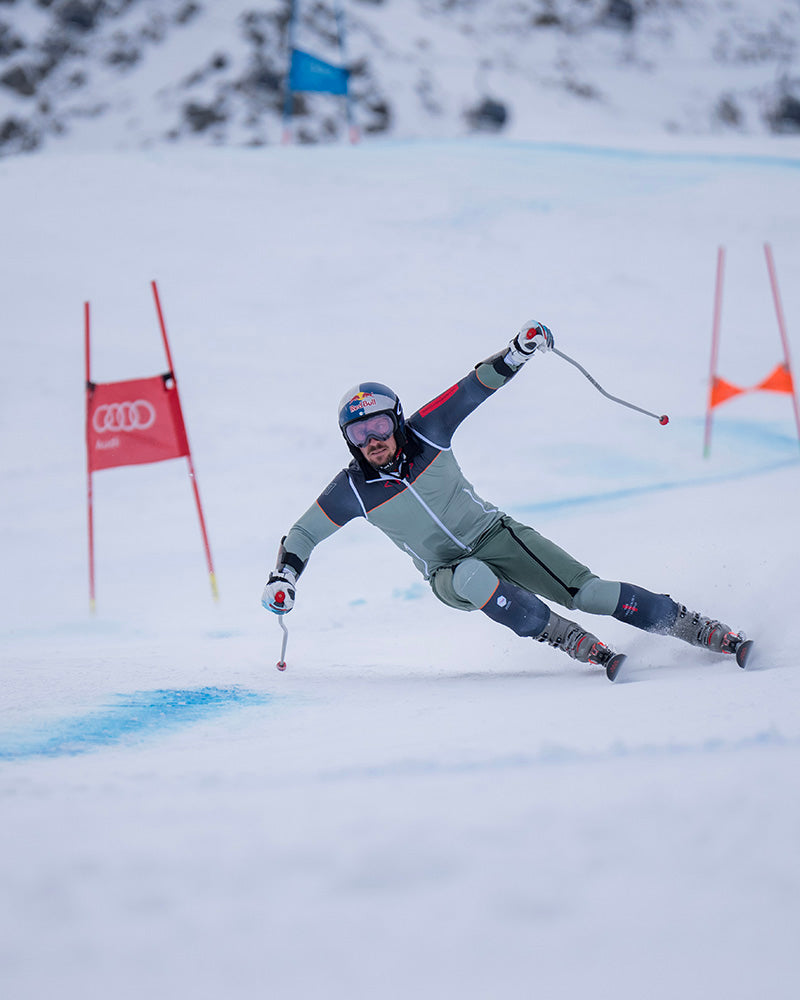
When did you realise that you wanted to go through the gruelling process of becoming race-fit again and push for a second comeback?
I never really had a single moment when I had to make a formal decision. Not on the way from the slopes to the hospital, not after the operation, not even during the low points in the early stages of therapy – it was never really up for discussion as I saw it. Now, getting fit for a competitive comeback is certainly a very different approach than “just” getting fit for a normal, active life. In the end, it came down to two questions: What do I want from life? And what does life want from me? Even during the toughest of moments, my answer has always been the same to both of them: I’m supposed to race again.
How do you feel now?
Great! I’m very happy with my physical condition. I haven’t had any pain in my knee. I’ve been making regular medical checks with my doctors, and everything has been given the green light so far. Now, I’m just counting down the days until I can finally go skiing again this September. I’m pleased that I decided to play it safe during these last nine months of recovery.
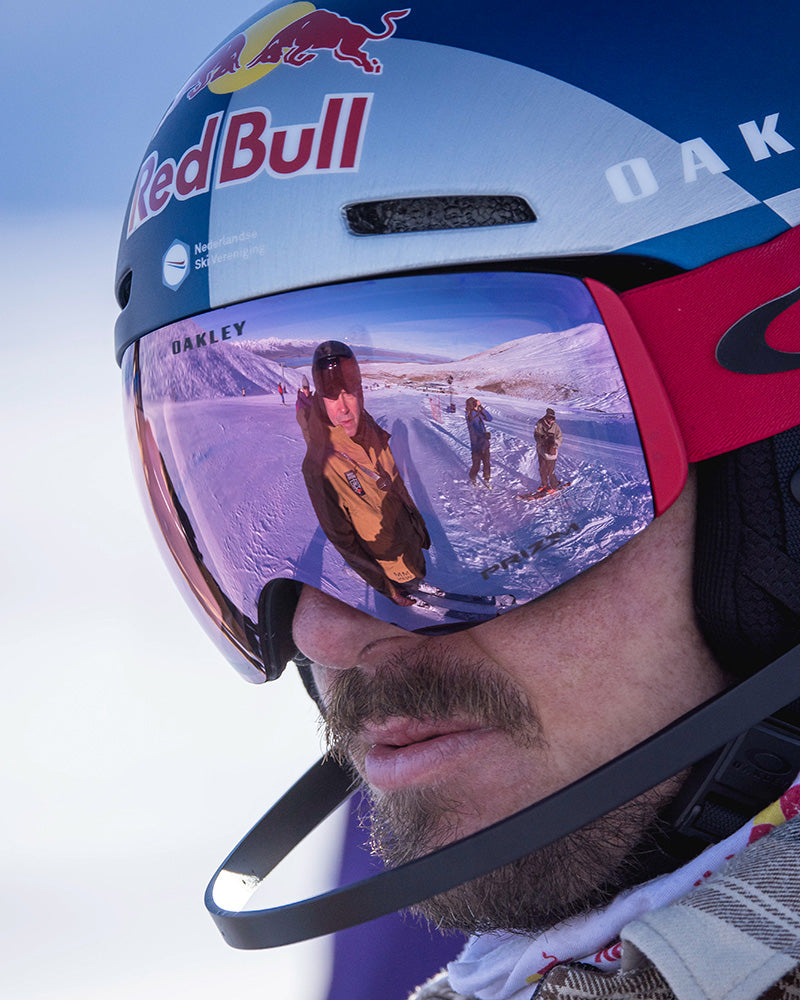
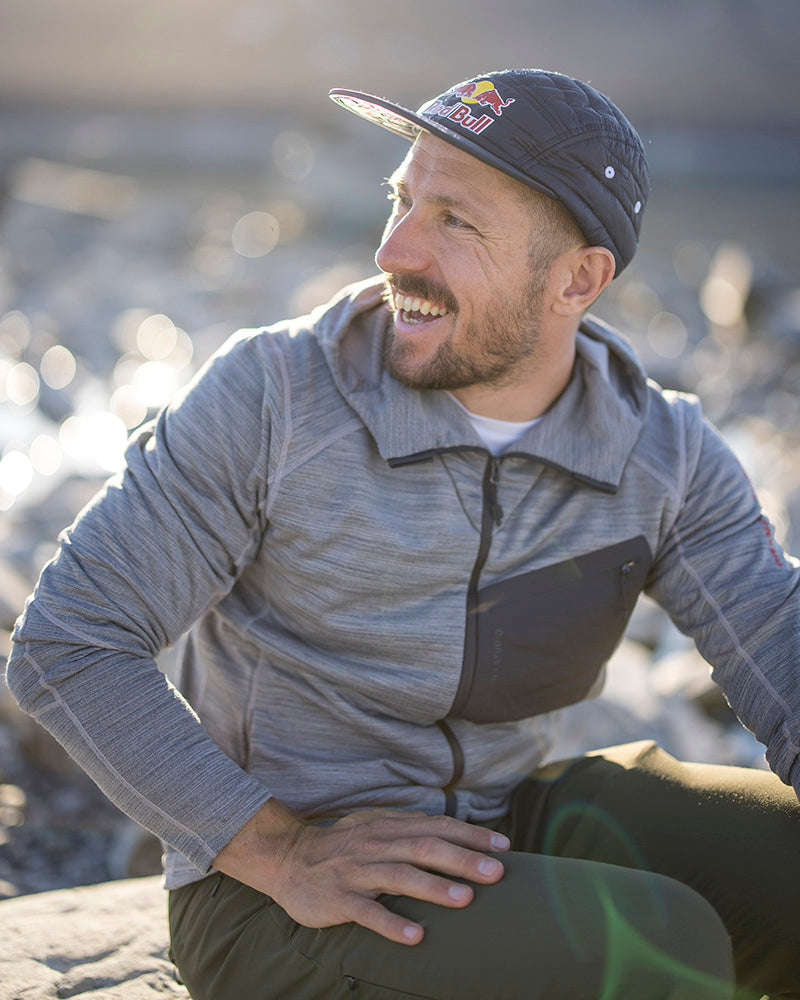
Did the injury light a fire in you to push yourself even harder heading into the Olympic season?
I’ve said it many times before: apart from broken bones, I’ve never suffered a serious injury in my career, and as it happens, I wouldn’t want to have missed that experience. There’s a saying, “come back stronger,” and there’s definitely something to it. It has a lot to teach you about motivation: when you’re at a very high level of performance, you reach a point where progress becomes very granular – you can hardly sense it at all. With an injury like a torn cruciate ligament, it’s completely different: you’re constantly making progress, every day, and that's a powerful motivator. I don’t know if I’m training harder than ever; more like at a similar level to before. But my inner fire is very different this year.
Is there anything else you’d like to add to this subject?
It sounds like a cliché, but it’s true: an injury is like a coach. The experience of my healing process has made me more appreciative of things that I used to take for granted. You can’t ever take anything for granted. It’s a genuine privilege to be able to return to ski racing. And it has taken a great deal of support from my personal, professional, and athletic circles to make this possible for me.


